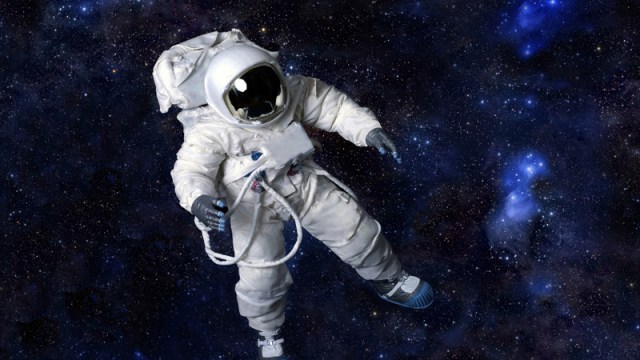
Space Exploration
The concept of a space odyssey, an epic voyage through the cosmos, has always held a special place in the human imagination. It represents our innate desire to explore the unknown, to push the boundaries of what is possible, and to transcend the limitations of our home planet. This essay embarks on a journey through the world of space odysseys, both in the realm of fiction and in real-life space exploration, exploring their significance and the exciting prospects they hold for the future.
The Pioneering Works of Fiction
A. “2001: A Space Odyssey” by Arthur C. Clarke
1. Arthur C. Clarke’s visionary masterpiece, “2001: A Space Odyssey,” is a cornerstone of space odyssey literature.
2. The novel and its iconic film adaptation, directed by Stanley Kubrick, delve into the profound implications of encountering advanced extraterrestrial intelligence.
B. “The Expanse” Series by James S.A. Corey
1. “The Expanse” series paints a future where humanity has colonized the solar system, depicting a vivid space odyssey filled with political intrigue, technological wonders, and human resilience.
2. The series explores themes of identity, conflict, and cooperation in a cosmic setting.
Real-Life Space Odysseys
A. Apollo Moon Landings
1. The Apollo program, particularly Apollo 11, represents the most famous real-life space odyssey.
2. Astronauts Neil Armstrong and Buzz Aldrin’s historic lunar footsteps symbolize the pinnacle of human achievement in space exploration.
B. Long-Duration Space Missions
1. The International Space Station (ISS) hosts extended space odysseys where astronauts live and work in the harsh environment of space for months at a time.
2. These missions advance our understanding of space science and foster international cooperation among space agencies.
The Significance of Space Odysseys
A. Expanding Scientific Horizons
1. Space odysseys, whether fictional or real, expand the boundaries of scientific knowledge.
2. They enable us to explore distant celestial bodies, study the cosmos, and seek answers to profound questions about the universe.
B. Technological Progress
1. Space odysseys drive the development of cutting-edge technologies, including propulsion systems, robotics, and life support systems.
2. These innovations have practical applications on Earth, improving industries and enhancing our daily lives.
The Future of Space Odysseys
A. Venturing Beyond Earth
1. Future space odysseys will take humanity beyond Earth, with plans for crewed missions to Mars, lunar colonies, and asteroid exploration.
2. These missions will redefine our understanding of space travel and open new frontiers for exploration.
B. The Era of Commercial Space Travel
1. Commercial space companies like SpaceX and Blue Origin are revolutionizing space travel, making space odysseys accessible to private individuals.
2. Space tourism is on the horizon, offering civilians the chance to embark on their own cosmic journeys.
Conclusion
Space odysseys, whether born from the minds of science fiction visionaries or realized through the bravery of astronauts and space agencies, embody humanity’s unending quest for knowledge, adventure, and discovery. From Arthur C. Clarke’s exploration of extraterrestrial intelligence to the historic lunar landings and the promises of commercial space travel, space odysseys continue to inspire and challenge us, beckoning us to journey beyond Earth and explore the vast expanse of the cosmos. As we stand on the threshold of new space odysseys, we are poised to redefine our place in the universe and to continue the epic journey that is humanity’s destiny among the stars.
By: Tanisha Sethi
Write and Win: Participate in Creative writing Contest & International Essay Contest and win fabulous prizes.


